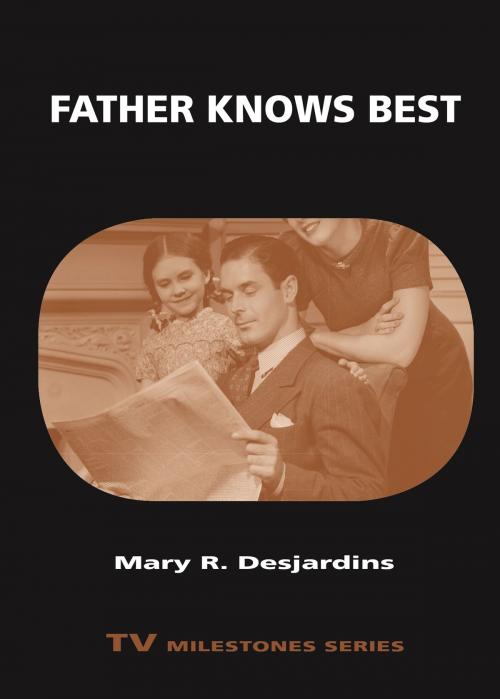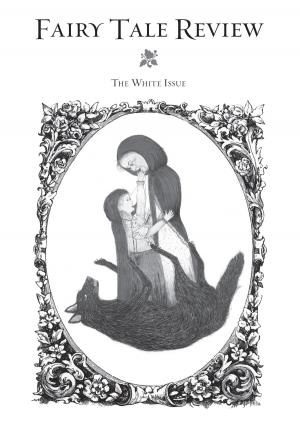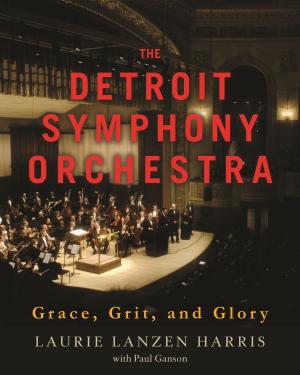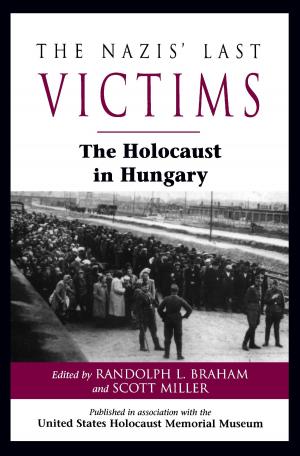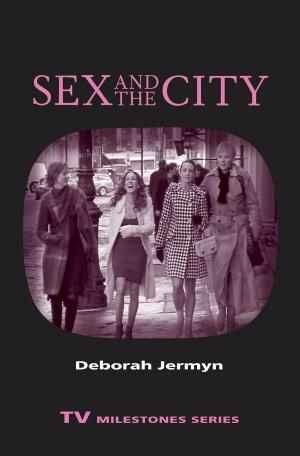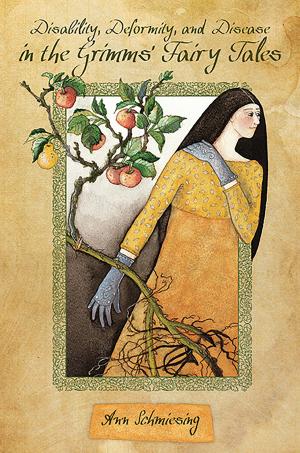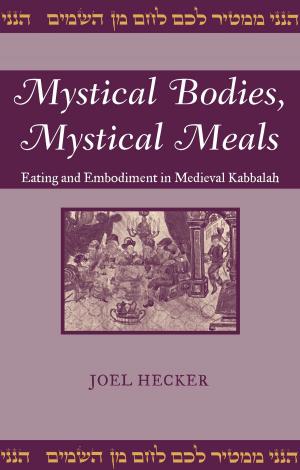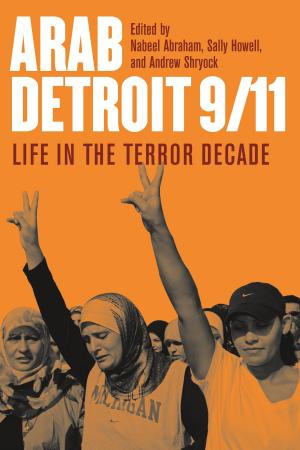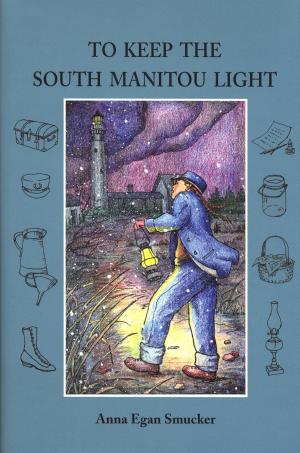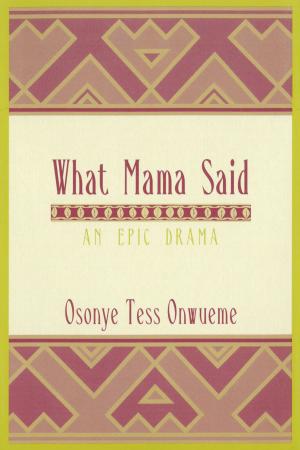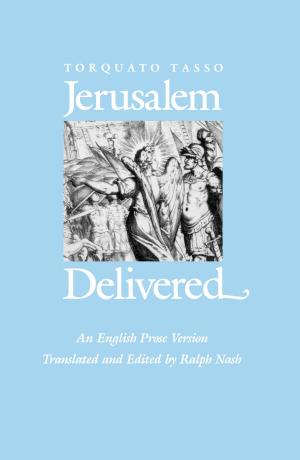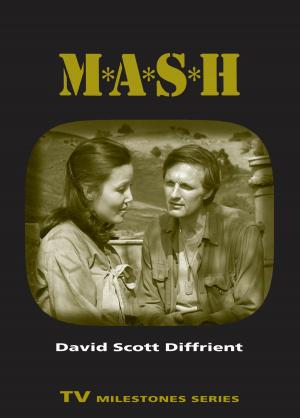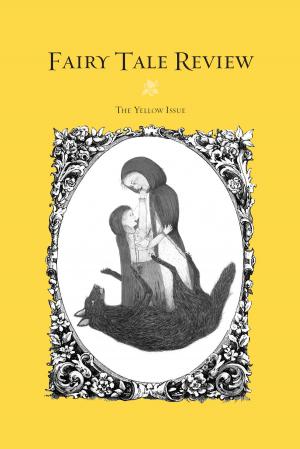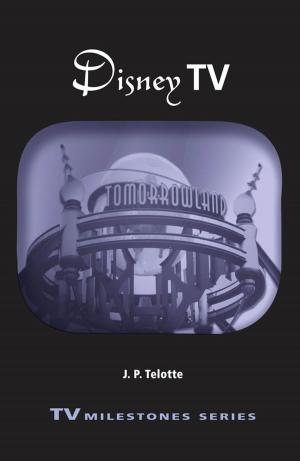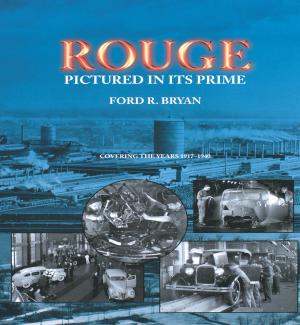Father Knows Best
Nonfiction, Entertainment, Performing Arts, Radio, Television, History & Criticism| Author: | Mary R. Desjardins | ISBN: | 9780814339480 |
| Publisher: | Wayne State University Press | Publication: | November 16, 2015 |
| Imprint: | Wayne State University Press | Language: | English |
| Author: | Mary R. Desjardins |
| ISBN: | 9780814339480 |
| Publisher: | Wayne State University Press |
| Publication: | November 16, 2015 |
| Imprint: | Wayne State University Press |
| Language: | English |
Although the iconic television series Father Knows Best (CBS 1954–55; NBC 1955–58; CBS 1958–60) has enjoyed a long history in rerun syndication and an enduring fan base, it is often remembered as cultural shorthand for 1950s-era conformism and authoritarianism. In this study of Father Knows Best, author Mary R. Desjardins examines the program, its popularity, and its critical position within historical, industrial, and generic contexts to challenge oversimplified assumptions about the show’s use of comedy and melodrama in exploring the place of family in mid-twentieth-century American society. Desjardins begins by looking at Father Knows Best within media and production contexts, including its origin on radio, its place in the history of Screen Gems telefilm production, and its roots in the backgrounds and creative philosophies of co-producer Eugene Rodney and star-producer Robert Young. She goes on to examine the social contexts for the creation and reception of the series, especially in the era’s emphasis on family togetherness, shared parenting by both father and mother, and generational stages of the life cycle. Against this background, Desjardins also discusses several Father Knows Best episodes in-depth to consider their treatment of conflicts over appropriate gender roles for women. She concludes by exploring how the series’ cast participated in reevaluations of the Anderson family’s meaning in relation to “real families” of the fifties, through television specials, talk show appearances, magazine and book interviews, and documentaries. Blending melodrama and comedy, naturalistic acting, and stylized cinematic visuals, Father Knows Best dramatized ideological tensions in the most typical situations facing the American family. Scholars of mid-century American popular culture and film history as well as fans of the show will appreciate Desjardin’s measured analysis.
Although the iconic television series Father Knows Best (CBS 1954–55; NBC 1955–58; CBS 1958–60) has enjoyed a long history in rerun syndication and an enduring fan base, it is often remembered as cultural shorthand for 1950s-era conformism and authoritarianism. In this study of Father Knows Best, author Mary R. Desjardins examines the program, its popularity, and its critical position within historical, industrial, and generic contexts to challenge oversimplified assumptions about the show’s use of comedy and melodrama in exploring the place of family in mid-twentieth-century American society. Desjardins begins by looking at Father Knows Best within media and production contexts, including its origin on radio, its place in the history of Screen Gems telefilm production, and its roots in the backgrounds and creative philosophies of co-producer Eugene Rodney and star-producer Robert Young. She goes on to examine the social contexts for the creation and reception of the series, especially in the era’s emphasis on family togetherness, shared parenting by both father and mother, and generational stages of the life cycle. Against this background, Desjardins also discusses several Father Knows Best episodes in-depth to consider their treatment of conflicts over appropriate gender roles for women. She concludes by exploring how the series’ cast participated in reevaluations of the Anderson family’s meaning in relation to “real families” of the fifties, through television specials, talk show appearances, magazine and book interviews, and documentaries. Blending melodrama and comedy, naturalistic acting, and stylized cinematic visuals, Father Knows Best dramatized ideological tensions in the most typical situations facing the American family. Scholars of mid-century American popular culture and film history as well as fans of the show will appreciate Desjardin’s measured analysis.
